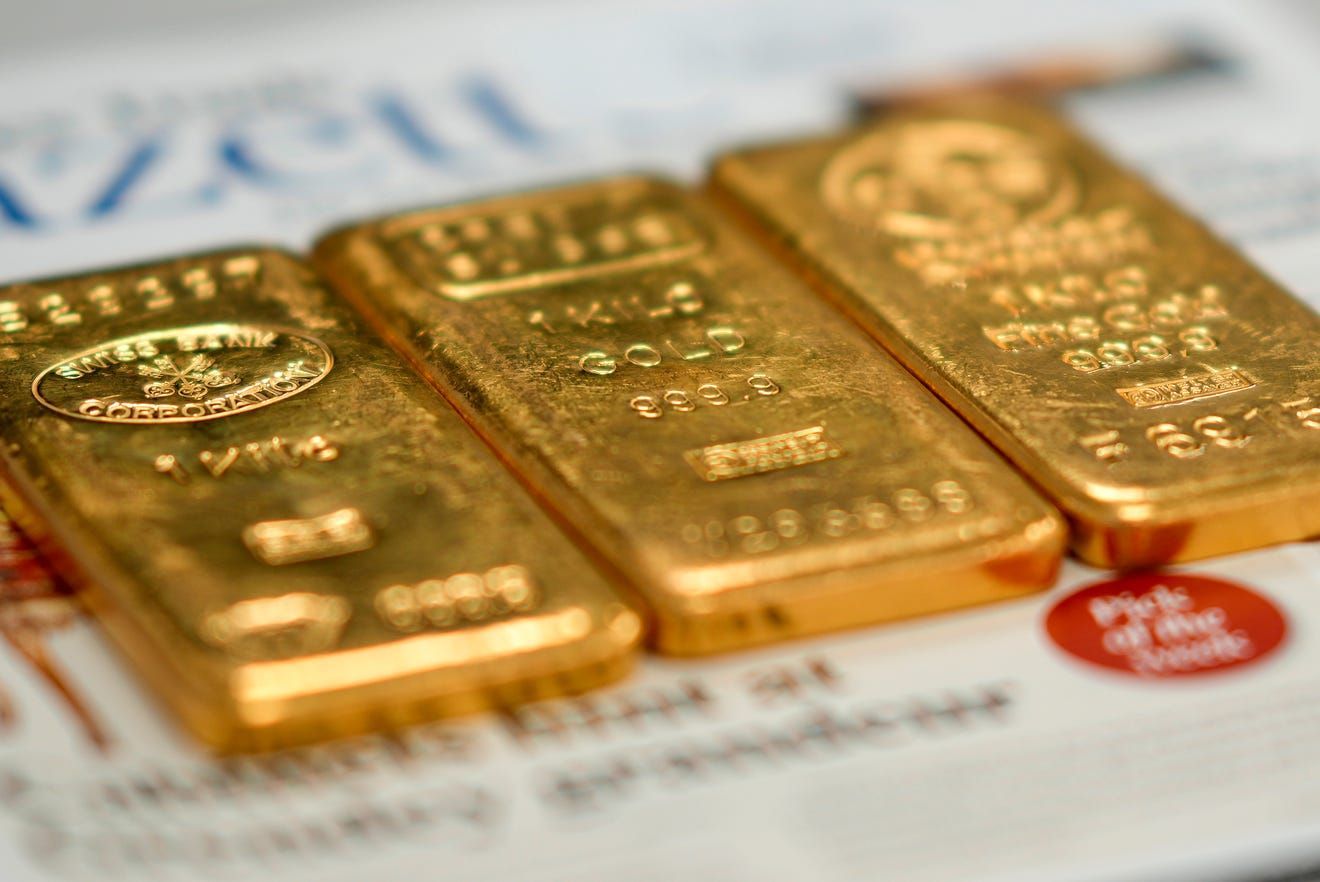Are diamonds a millennial's best friend?
March 17, 2017
We’ve all heard how millennials love to break with tradition. But much of their subversion — marrying later, buying homes later, opting for alternate modes of transportation, valuing experiences over material belongings — has as much to do with finance as philosophy. For instance, plenty of millennials do in fact get married eventually, as my own busy schedule attending my friends’ weddings will attest.
According to a RBC Capital Markets research paper published last year, “diamond jewelry appears to be low on the buying lists among so-called millennials.” Some analysts believe the global slowdown in diamond sales will pick up as millennials’ finances do so. Others cite much different reasons for millennials falling out of love with diamonds.
De rigueur for marriage proposals nearly worldwide, could the diamond ring one day become passé?I
A little history on that big rock
There are conflicting sources about how the engagement ring got started. The ancient Egyptians are often credited with inventing the engagement ring, a circular shape to symbolize an eternal cycle, and it’s believed the ancient Greeks too gave a “betrothal ring” in advance of marriage. But what really cemented the diamond ring tradition isn’t all that romantic. It’s recent and it’s pure (though admittedly brilliant) salesmanship.
In 1947, U.S. diamond sales, always an extravagance of the wealthy, had been declining for two decades. So the De Beers diamond company hired the N.W. Ayer advertising agency to create campaign. The phrase “A diamond is forever” was born and by 1951, 80 percent of brides in America had one.
Today, 8 out of 10 married American women still have one on their finger, believing that this super-hard, super-rare, sparkling bauble requiring one to three billion years to form is the perfect emblem of their love. And we’re not the only ones. De Beers advertises globally.
Are the diamond’s fortunes shifting?
Who came up with the rule of thumb that an engagement ring should cost two or three months’ salary? Do you really have to ask? That helpful recommendation also comes from years of De Beers advertising.
In 2016, the average spend on a ring was $6,163, according to the wedding-planning website The Knot. That’s a lot of moola for a cash-strapped millennial. Or a cash-strapped anybody. After all, once you remove the storytelling and the symbolism, a diamond could be viewed chemically: a three-dimensional cubic lattice of carbon atoms.
Already the diamond’s allure has been somewhat spoiled by the news of “blood diamonds” or “conflict diamonds.” These interchangeable terms point to the fact that many diamonds have been mined in Africa since the 1970s to finance bloody civil wars, insurgencies and invasions. That’s a problem of ethics and image.
Now, technology is presenting a problem of exclusivity and rarity. Laboratories are getting better and better at manufacturing so-called “synthetic” or “artificial” diamonds, which are virtually indistinguishable from their natural counterparts. As a result, the price of diamonds could start to decrease.
A Veblen good
Diamonds are not a commodity like oil or gold — or nearly any other economic good, for that matter. They are a Veblen good. This is a good for which demand increases as the price increases because of its exclusive nature and appeal as a status symbol. That’s contrary to the normal economic laws in which demand has an inverse relationship to price. As the price of diamonds decreases, will demand plummet as well? Will that further erode their mystique?
The growing Chinese middle class will probably prop up diamond demand for a while. But after that, will a new tradition take its place?
Jennifer Pagliara is a financial adviser with CapWealth Advisors. Her column appears every other week in The Tennessean.
Related Article
The information presented in any video or blog is the opinion of CapWealth Advisors, LLC and does not reflect the view of any other person or entity. The information provided is believed to be from reliable sources, but no liability is accepted for any inaccuracies. This is for information purposes and should not be construed as an investment recommendation. Past performance is no guarantee of future performance. CapWealth Advisors, LLC is an investment adviser registered with the U.S. Securities and Exchange Commission.
The product, services, information and/or materials contained within these web pages may not be available for residents of certain jurisdictions. Please consult the sales restrictions relating to the products or services in question for further information. For other CapWealth Advisors’ disclosures, click here.
All Content. CapWealth Advisors, LLC













